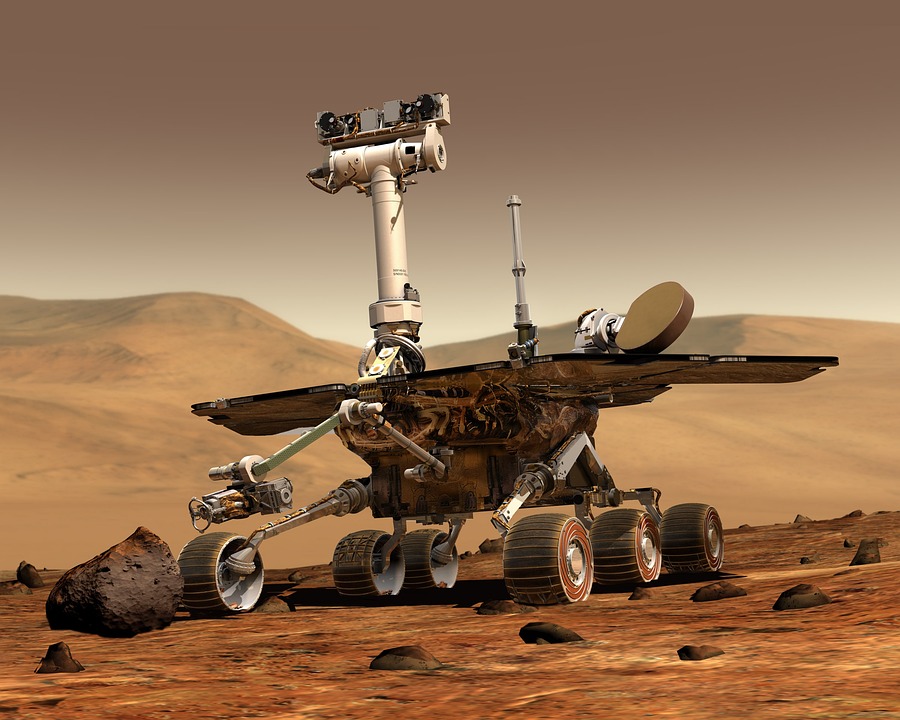The Ethics of Robotics: Tackling the Dilemmas of Artificial Intelligence

[ad_1]
Artificial intelligence (AI) has become one of the most transformative technologies of the 21st century. As AI continues to evolve, it presents a host of ethical dilemmas that must be addressed. The field of robotics, in particular, raises significant moral questions that require careful consideration. In this article, we explore the ethics of robotics and the challenges in tackling the emerging dilemmas of artificial intelligence.
One of the fundamental ethical concerns in robotics lies in the potential harm caused by autonomous machines. As robots become more sophisticated and capable of making decisions independently, they may inadvertently cause harm or even act maliciously. This raises questions about accountability and liability. Who is responsible if a robot causes harm? Is it the manufacturer, the programmer, or the robot itself? Determining liability in such cases is a complex task that requires a comprehensive framework of laws and regulations.
Another key ethical consideration revolves around the issue of privacy. As robots become more integrated into our daily lives, they have access to vast amounts of personal data. This raises concerns about surveillance, data protection, and the potential for misuse. Companies and developers must ensure that robots are designed with robust privacy safeguards and that laws are in place to protect individuals from unauthorized access and use of their personal information.
The question of job displacement is also a significant ethical concern in robotics. Automation has the potential to replace human workers in various industries, leading to unemployment and economic inequality. It is crucial to find ways to ensure a just transition so that individuals who lose their jobs to robots are not left behind. This may involve retraining programs, income redistribution, or the creation of new job opportunities in emerging fields.
Another critical ethical dilemma in robotics is ensuring fairness and avoiding discrimination. AI systems are trained on large datasets, which may inadvertently reinforce biases present in the data. If left unchecked, this can lead to discriminatory outcomes, such as biased hiring practices or unfair treatment of certain groups. It is essential to develop algorithms and systems that are unbiased and transparent, allowing for a fair and equitable society.
The development and use of lethal autonomous weapons systems is an extremely sensitive ethical issue. These robots, also known as killer robots, have the ability to identify and engage targets without human intervention. The prospect of AI-powered machines making life-or-death decisions raises profound moral concerns. There is an ongoing debate about whether such weapons should be banned or subject to strict regulations to prevent their misuse and the potential loss of human control.
Lastly, the ethical considerations of robotics include the impact on our connection and empathy with other humans. As robots become more human-like and interactive, they have the potential to replace or disrupt social interactions. This raises questions about the nature of human relationships and whether human-like machines can genuinely offer companionship and emotional support. It is essential to strike a balance between technological advancements and preserving the unique human connectedness that defines us.
Addressing the ethical dilemmas of robotics requires collaboration and interdisciplinary efforts from various stakeholders. Governments, industry leaders, researchers, and ethicists must actively engage in discussions and establish ethical guidelines and frameworks. Establishing an international consensus on the ethics of robotics is crucial to ensure uniform standards and prevent harmful uses of AI.
In conclusion, as robotics and artificial intelligence continue to shape our world, it is essential to address the ethical dilemmas they present. From questions of accountability and liability to privacy concerns and job displacement, ethics must play a central role in the design, development, and deployment of robotics. By tackling these dilemmas head-on, we can ensure that AI technologies are developed and used in a way that aligns with our shared values and promotes a just and inclusive society.
[ad_2]
